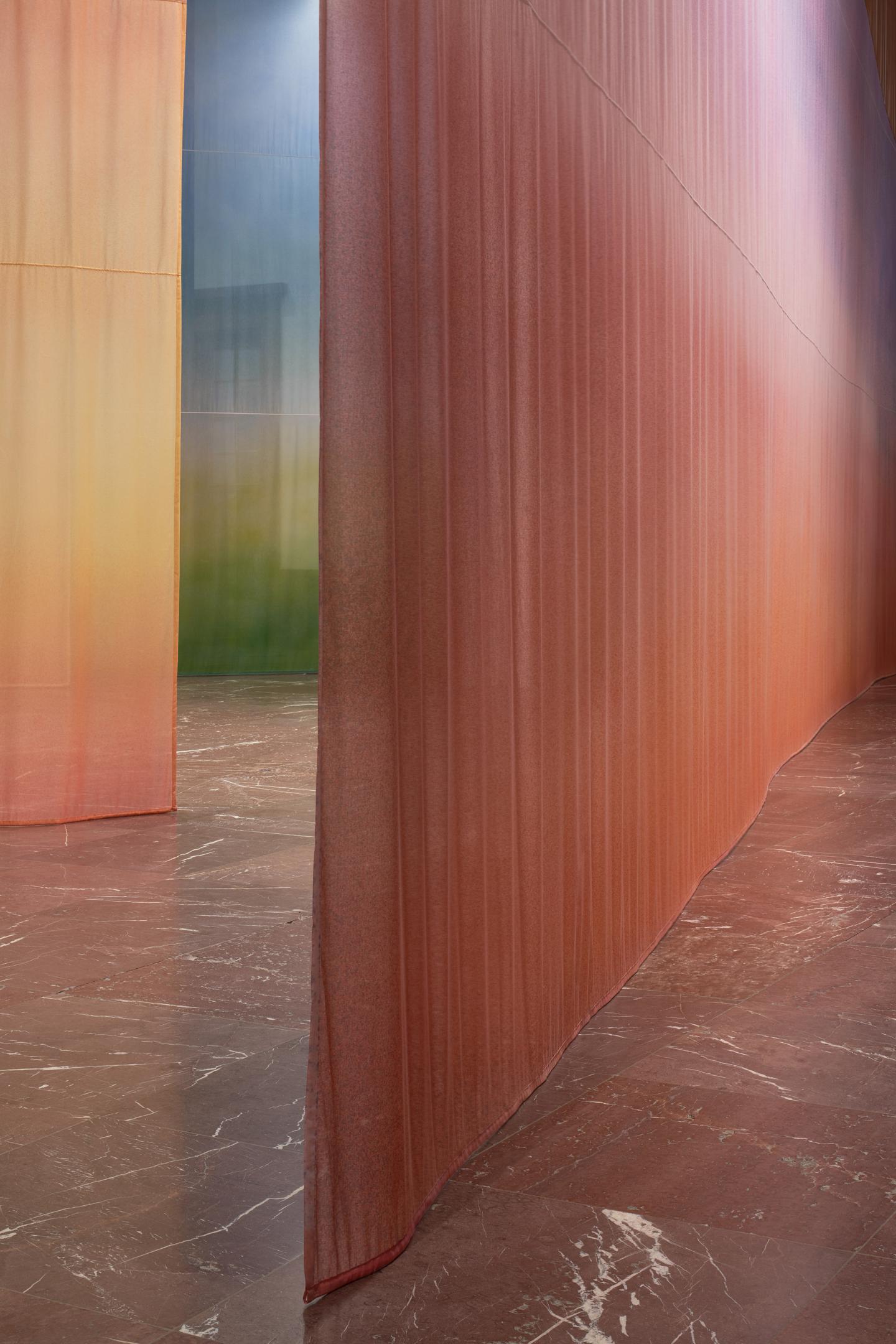Was Europe Right to Shutter Cultural Spaces Again?
Cultural workers in Germany bristle at new lockdown measures; plus, Poland’s response to a new abortion law
Cultural workers in Germany bristle at new lockdown measures; plus, Poland’s response to a new abortion law

Skyrocketing transmission rates of COVID-19 in Europe have forced museums in Austria, Belgium, Czech Republic, France, Germany, Italy and some parts of Switzerland to close their doors again. For most of November, cultural institutions will be shuttered while commercial galleries, which fall into the category of retail, remain open in Germany and Austria. In light of the latest regulations, Art Cologne and Fine Arts Paris, which were scheduled for November, have been cancelled, while Manifesta 13 will end one month earlier.
In Germany, the government’s controversial decision to impose a second lockdown has prompted a push-back from the arts. In an open letter, 36 museum directors – including Nikola Dietrich (Kölnischer Kunstverein), Stephan Berg (Kunstmuseum Bonn) and Peter Gorschlüter (Essen’s Museum Folkwang) – opposed the new regulations, while artists have launched a petition calling for a renewed and equitable distribution of financial support in Germany. The International Council of Museums Germany sees the shutdown as giving the ‘wrong signal in a time of crisis’, with council head Beate Reifenscheid claiming it ‘creates a cultural crisis in addition to the COVID–19 crisis’ and begging the question: ‘How much is culture really worth to us?’
In a recent interview with Handelsblatt newspaper, Berlin- and Düsseldorf-based collector Julia Stoschek paints an equally bleak picture of the fallout from the new regulations: ‘I see a lot of individuals who have been very hard hit in a diverse range of fields: film, music, visual arts [...] Financially, coronavirus has been an absolute catastrophe.’

On 3 October, Berlin’s Museum Island, near the controversial Humboldt Forum, became the scene of conflict again. At least 60 artworks from the Neues Museum, the Pergamon Museum and the Alte Nationalgalerie have been damaged by unknown persons. Authorities remained silent about the crime for nearly three weeks, and it is still unclear whether the attacks on Egyptian sarcophagi, sculptures and 19th-century paintings are linked to conspiracy theories concerning global satanism. According to newspaper Die Zeit: ‘This was one of the largest iconoclastic attacks in postwar Germany.’

Elsewhere in Europe:
After the biggest demonstrations in Poland since the fall of communism in 1989, the government will delay the implementation of a new law that would prohibit almost all abortions in the country. Pablo Larios talked to Natalia Sielewicz, curator at Museum of Modern Art in Warsaw, about the cultural sector’s response to the protests.
Paris-based Canadian artist Kapwani Kiwanga received the 20th Marcel Duchamp Prize for her bouquet series ‘Flowers of Africa’ (2012–ongoing). Make sure to read Carina Bukuts’s profile of the artist for more insights into her wide-ranging practice.

Comings and Goings
On 31 October, Udo Kittelmann left his post as director of the Nationalgalerie Berlin after 12 years.
In 2021, Polish curator Alicja Knast will take up the role of director at the National Gallery Prague, following last year’s controversial dismissal of her predecessor, Jiří Fajt.
Sculptor Simone Leigh will be the first Black woman to represent the US at the 59th Venice Biennale in April 2022.
RIP Italian artist and designer Enzo Mari, who died on 19 October at the age of 88 in Milan.
Main image: Photograph: Yannic Pöpperling























